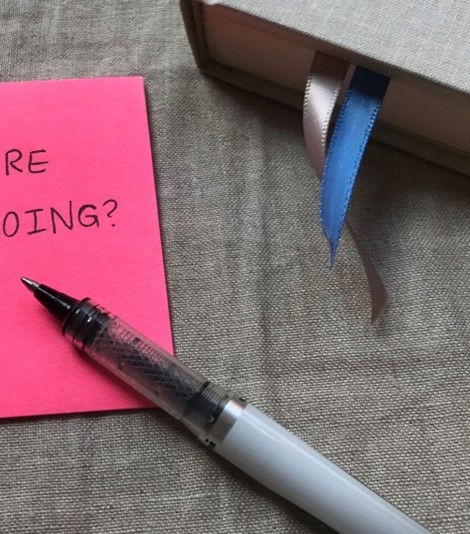Behave, for a really long time.
That’s the title for the closing chapter of The One-Page Financial Plan by Carl Richards. This short book is my go-to for personal finance advice, and is chockful of easy digestible tips like guess where you really want to go and invest like a scientist. What shocks me about the last chapter is that instead of given the reader knowledge, it instead encourages them to make a consistent habit change. You can gather all the financial wisdom and create a perfectly tailored plan, but if you’re not willing to stick to it for 10/30/50 years, then it won’t do you a lick of good.
The advice of behave, for a really long time is also profoundly relevant to novel-writing. A lot of people focus on the conceptual aspect of writing: creating a perfect story structure or worldbuilding or establishing characters with interesting backstory. This is all important, but it ignores the fact that once you’ve locked in your idea, that’s still only a fraction of the battle. While you’re in the planning phase, everything remains abstract and idealistic; once you get into the actual drafting, that’s when the ideal novel starts to get really messy, as you suddenly realize that your perfect plan has holes and the characters/story/world aren’t doing what you want. It’s tempting at this point to abandon your draft and retreat back into the safety of a new outline.
But the drafting phase is also where real progress happens. Without it, your story will remain nothing more than a nice idea with a couple of typed-up bullet points. The hardest part about writing is taking the outline or idea you’ve created, and go back to it day-after-day, sometime for months on end, and continue turning those bullet points into actual words. Often, you’ll realize there was a flaw in your plan that remained unseen when the story was still mere abstraction, but which becomes plain now that you’re actually writing it out. It’s fine to change a plot point, alter a character, veer off in a different creative direction. But what you absolutely cannot do is say: this isn’t working, I need to go back to the drawing board and start over. Otherwise, you’re back to square one, and all the work you’ve put in goes to waste.
The trick to effective writing is sticking with your outline/structure/idea for the long haul, even when it gets really messy. In other words: you have to behave. For a really long time.
